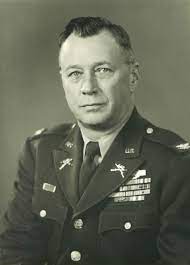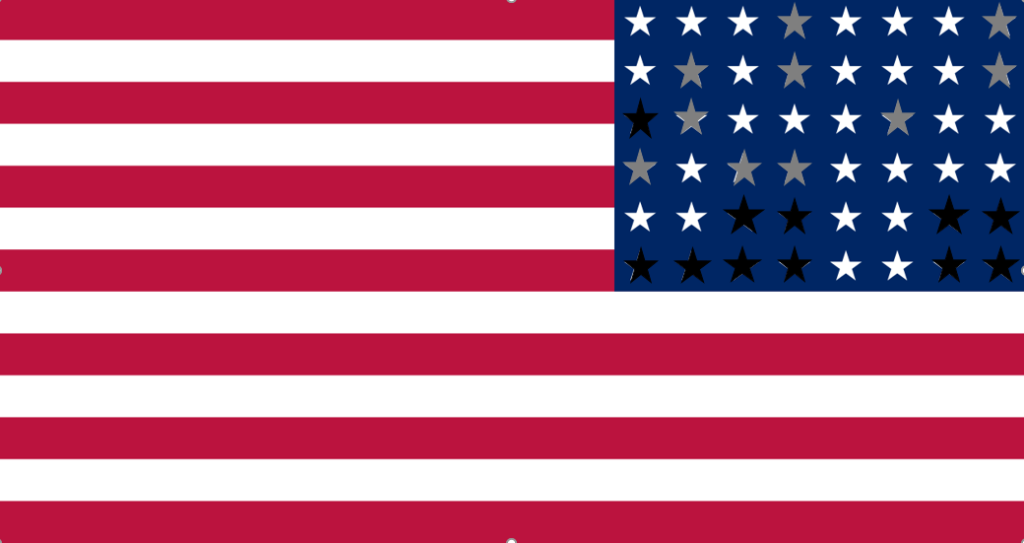Colonel Virgil R. Miller, commander of the 442nd Infantry Regiment of the army of the united states, liberates Kaufering IV a slave labor camp, in Hurlach, Germany. Miller orders his unit sworn to secrecy, as most of his unit is composed of soldiers of Japanese heritage recruited from United states concentration camps.
NOTES:
- For over two years the Allies knew of the “assembly line,” genocidal, machinations of the Nazi Holocaust. Yet de facto Commander-in-Chief Franklin Roosevelt, Esq., and Prime Minister Winston Churchill, of the United Kingdom, never ordered bombing operations against the railroad lines that lead to the death camps—which would have also hampered German logistics. “Although the object of the war was to destroy the Nazi regime, saving some of its intended victims was not a priority.”
- As an attorney (Officer of the Court) Roosevelt was ineligible to serve in two branches of government at the same time, according to Article I, Section 6 [Clause 2].
[restored 8/9/2022]
Subsequent Events:
References:
Letter from Senator Daniel K. Inoyue to Thomas A. Caldwell, Jr. (April 30, 1998), Caldwell Collections, Reedley, California.
Albert Lanier, “Nisei Veterans Recall Liberation of Dachau,” Northwest Asian Weekly, 24 November 1995, 6.
Calvin D. Linton, ed., The Bicentennial . Almanac: 200 Years Of America, 1776-1976, (New York: Thomas . Nelson, 1977), 361.
Jay Simkin and Aaron Zelman, Gun Control: . Gateway to Tyranny (Milwaukee, Wisconsin: Jews for the Preservation . of Firearms Ownership, 1993), 126.
442nd Infantry Regiment (United States) – Wikipedia
en.wikipedia.org/wiki/442nd_Infantry_Regiment_(United_States#522nd_Field_Artillery_Battalion
Hurlach – Wikipedia
en.wikipedia.org/wiki/Hurlach


